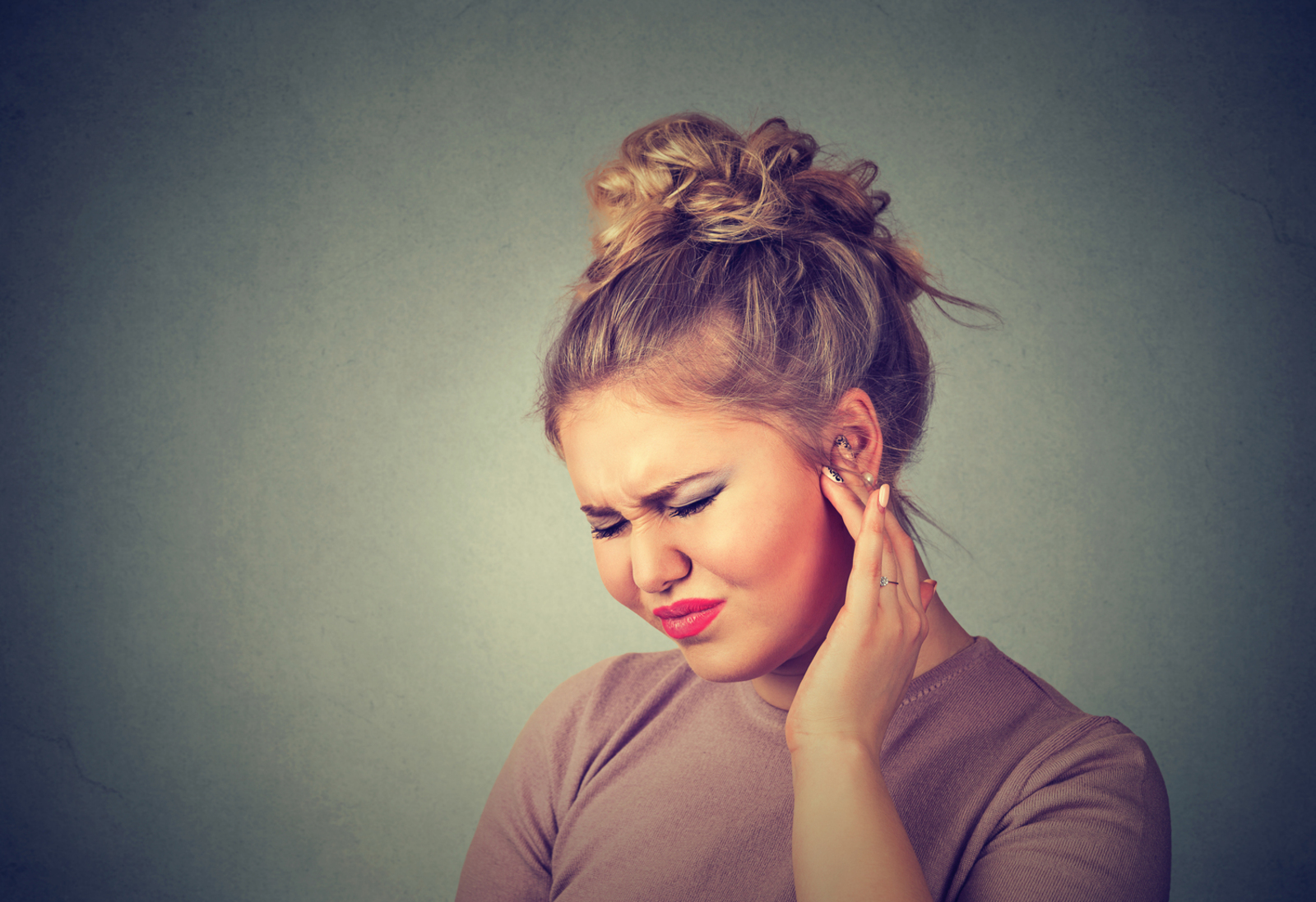
5 Common Causes of Tinnitus:
Treatments to Consider
If you have tinnitus, you know that it can be bothersome—agonizing at worst. Thankfully, despite there being no cure, there are some treatments to consider. One of these is Tinnitus Retraining Therapy (TRT). Cognitive Behavioral Therapy (CBT) can also be used to help individuals manage distress related to their tinnitus. Antidepressant drugs for Tinnitus like Clomipramine (Anafranil), Imipramine (Tofranil), and others, can also be considered. Finally, visiting a cochlear hearing implant doctor can sometimes be beneficial for those with tinnitus. However, before any treatments are considered, it’s important to be aware of what tinnitus may have been caused by. Keep reading to learn more about these 5 common causes of tinnitus:
1. Injuries to head or neck
The sensitivity of our ears is no joke. For instance, if the body suffers from an injury to the head or neck, the ear’s structures can be damaged. More specifically, an injury dealt to the head or neck—depending on the severity of said injury—can damage the nerve that is responsible for carrying sound signals to the brain. Damage can be sustained by the brain as well. For example, it is possible for an injury to the head or neck to harm the areas of the brain that are responsible for processing sound. Overall, tinnitus can be caused by any of the previously mentioned damages.
2. Medications
Tinnitus can come as a side effect with various medications, which is especially true if the doses of these medications are high. For example, tinnitus can be caused by some antibiotics, anti-malaria medications, antidepressants, and anticancer drugs. In addition, non-steroidal anti-inflammatory drugs—such as naproxen, ibuprofen, and aspirin—are associated with causing tinnitus as a side effect.
3. Hearing loss
Hearing loss comes with age—however, this loss is also strongly associated with tinnitus. Of course, hearing loss can also result from noise exposure: this loss of hearing, too, can cause tinnitus. However, while a person may exhibit a loss of hearing, they may never end up developing tinnitus: truly, it varies by person. Still, tinnitus is heavily tied to hearing loss overall.
4. Ear infection or earwax
If you have an ear infection, fluid can block the ear canal. Similarly, earwax can act as its own blockage in the ear canal. Whether as a result of fluid from an infection or just typical earwax, though, an ear canal blockage can cause tinnitus.
5. Noise exposure
Are you an avid concert goer or sports fan? If yes, then you may have experienced tinnitus after coming out of one of these noisy events. And hey, even if you’ve only been to a single concert, sports match, or other likewise loud setting, you may still know exactly what we’re talking about. Predictably, exposure to noise can result in tinnitus, which is why concerts and sports matches can act as common culprits. In addition, tinnitus is a service-related disability that is the most common among veterans due to the bomb blasts, machinery noises, and gunfire that may have been experienced.



